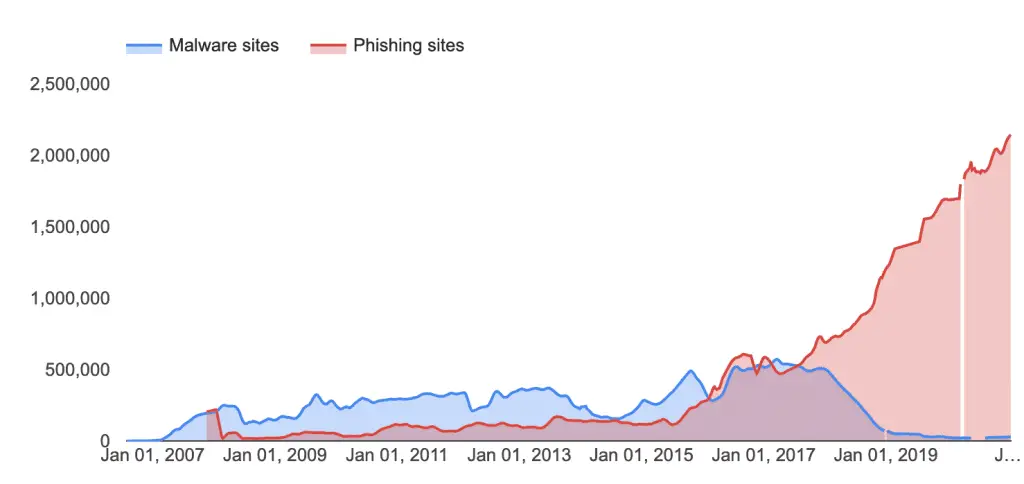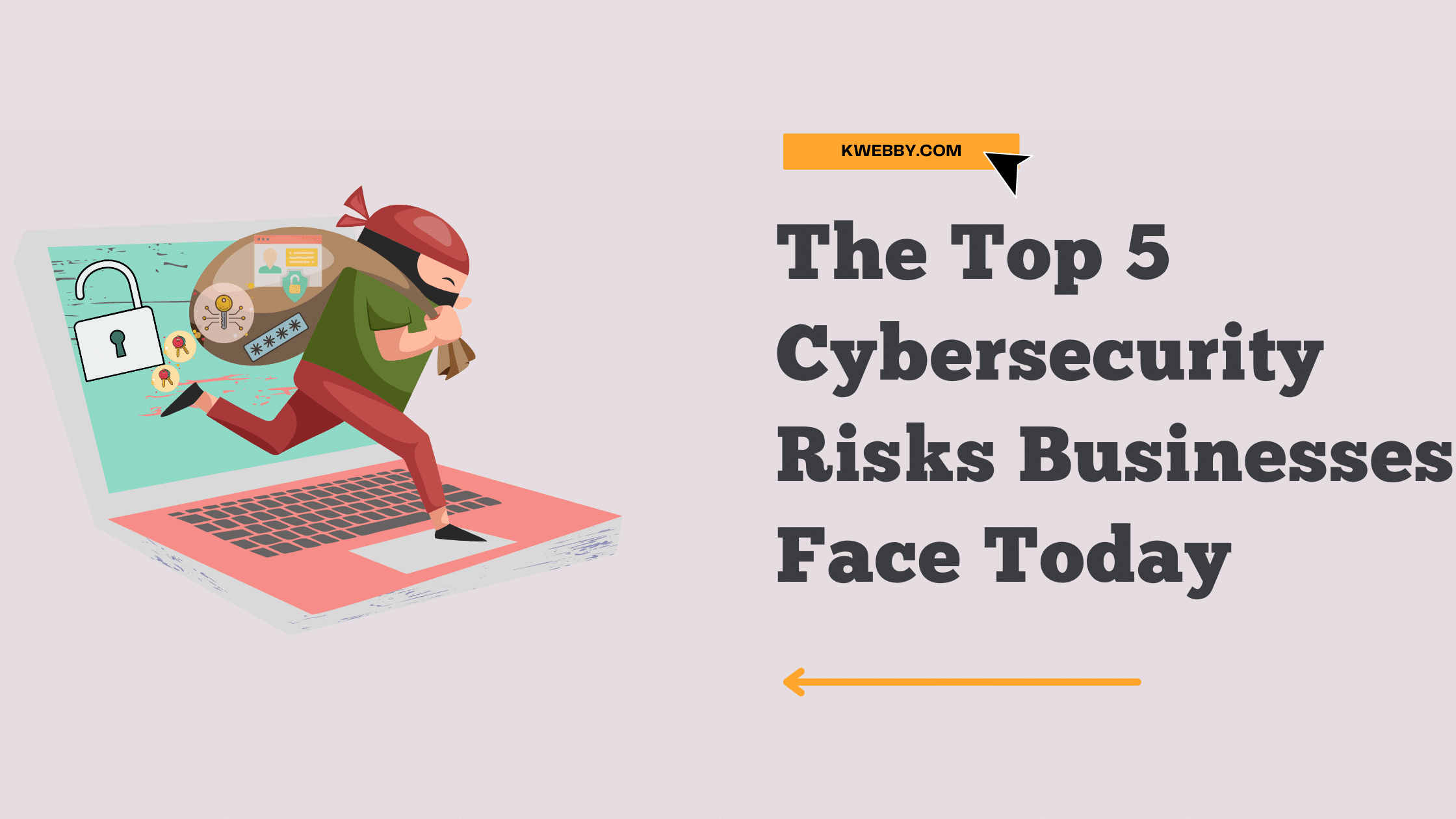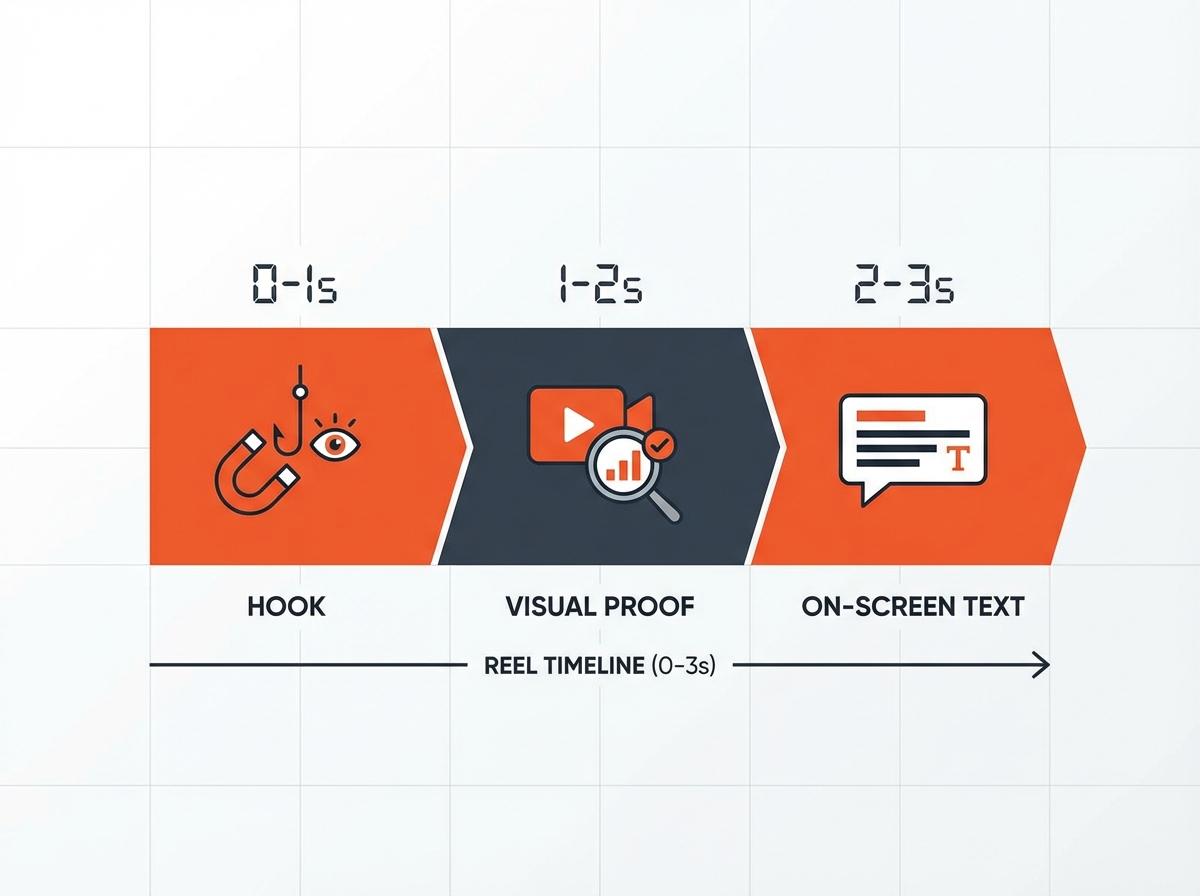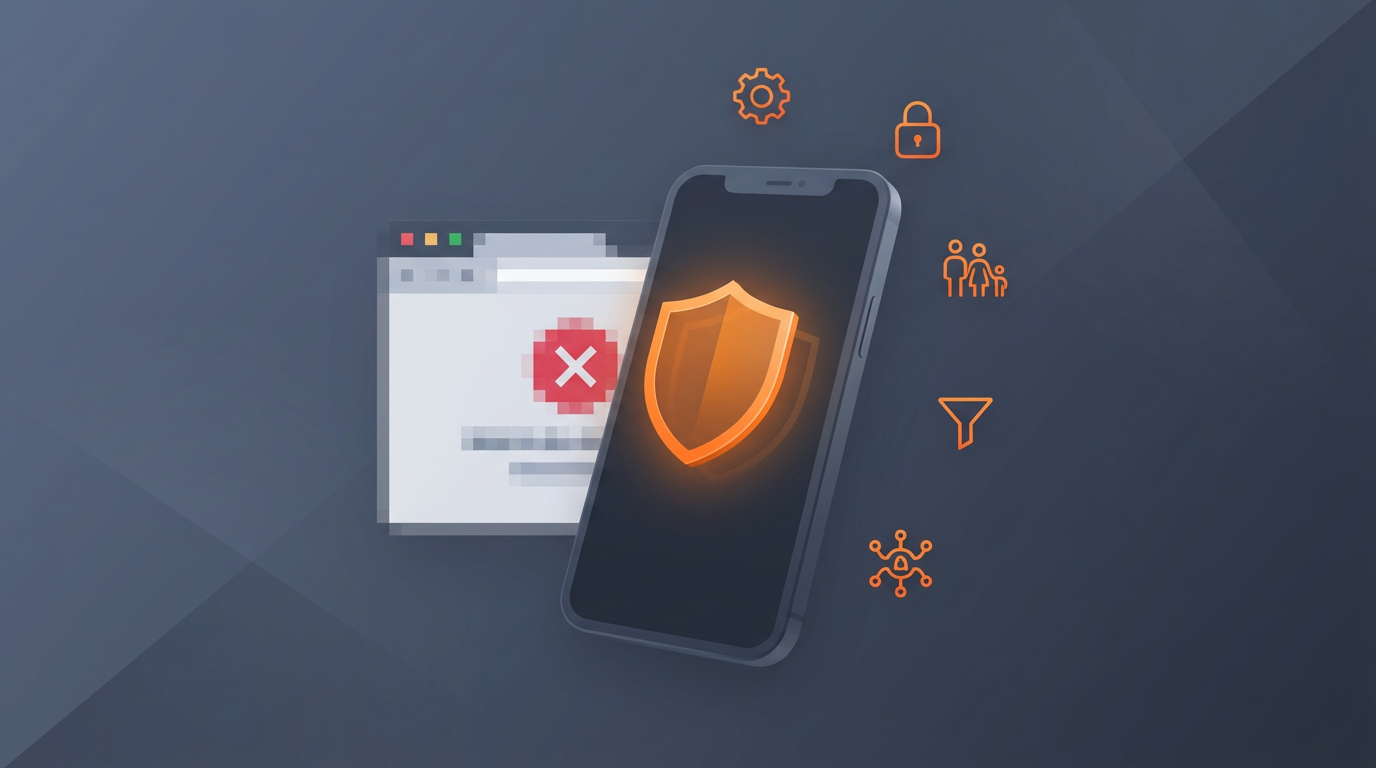Businesses face various cybersecurity risks, from data breaches to attacks that can disable critical systems. These risks can devastate businesses, costing them time and money and damaging their reputation.
Hackers are becoming more sophisticated in their attacks, and businesses are increasingly vulnerable to data leaks, financial losses, and other damages. To protect themselves, businesses must implement robust cybersecurity protocols and educate their employees on identifying and responding to threats.
What are Cybersecurity Risks?

Cybersecurity risks are any threats to the security of information stored electronically. This includes data breaches, malware attacks, phishing scams, and more. Cybersecurity risks can lead to a loss of confidential data, financial losses, and reputational damage. Cybersecurity is important for individuals, businesses, and organizations of all sizes.
By taking steps to reduce cybersecurity risks, you can help protect yourself, your business, and your clients. There are a number of steps you can take to reduce cybersecurity risks, including using strong passwords, implementing two-factor authentication, and keeping your software up to date.
Cybersecurity is an important issue, and by taking steps to reduce risks, you can help keep yourself and your business safe.What are the Common Cybersecurity Risks or Threats?
There are several different cybersecurity risks that businesses face. The most common include data breaches, ransomware attacks, and phishing scams.
Each of these threats can significantly impact businesses, costing them time and money and damaging their reputation. It is therefore essential for businesses to implement strong cybersecurity protocols and educate their employees about how to identify and respond to threats.
Here are some of the common Cybersecurity risks or threats;
1. Malware
2. Phishing
3. SQL Injection
4. Denial of Service (DoS) Attacks
5. Ransomware
6. Social Engineering
7. Insider Threats
8. Third-Party Risk Management
9. Cloud Security
10. IoT Security
Also read, How to protect against phishing attacks in 2022: A Comprehensive Guide
Recent Victims of Cyber Attacks
In recent years, several high-profile businesses have been victims of cyberattacks. Here are some of the most notable:
1. Yahoo – In December 2016, Yahoo announced that it had been the victim of a massive data breach that affected over 1 billion user accounts. The breach was believed to have occurred in 2013, and it was the largest data breach in history at the time.
2. Equifax – In September 2017, credit reporting agency Equifax announced that it had been the victim of a data breach that exposed the personal information of 143 million Americans. The breach was one of the largest in history, and it resulted in millions of people having their identities stolen.
3. Target – In December 2013, discount retailer Target announced that it had been the victim of a data breach that affected 70 million customers. The breach led to the theft of credit and debit card information, as well as contact information for Target’s customers.
4. Sony Pictures – In November 2014, Sony Pictures announced that it had been the victim of a cyberattack that resulted in the theft of millions of files, including confidential emails and employee records. The attack was believed to have been carried out by North Korea in retaliation for Sony’s release of The Interview, a satirical film about North Korea’s leader Kim Jong-un.
5. Ashley Madison – In July 2015, the adultery website Ashley Madison was hacked, exposing the personal information of 37 million users. The hack revealed user names, email addresses, and details about users’ sexual preferences. The hack caused embarrassment and damage for many of the site’s users, and it led to several lawsuits.
Cybersecurity risks are constantly evolving, and businesses must be vigilant in their efforts to protect themselves. By understanding the risks they face and taking steps to mitigate them, businesses can reduce the likelihood of being impacted by a cyberattack.
Also Read, How to make a website secure in 2022? (7 Proven Methods)
The Top 5 Cybersecurity Risks Businesses Face Today
Here are the biggest five cybersecurity risks businesses face and advice on how to protect your own business against them:
1. Cybersecurity threats are constantly evolving
As technology advances, so do the methods and sophistication of cybersecurity threats. Each year hackers find new ways to breach systems and hack servers — and software you may have installed to protect your business may quickly become outdated.
Businesses must be constantly aware of the latest cybersecurity risks to protect their data and systems.
They should regularly update their security protocols and educate their employees on identifying and responding to potential threats.
2. Employees can be a weak link in cybersecurity
Despite best efforts to educate employees on cybersecurity risks, well-meaning employees can still threaten company data if they are not properly trained or follow best practices.
Cybercriminals are increasingly targeting employees with phishing attacks and other social engineering techniques in order to gain access to corporate systems, leading to data breaches and leaks that can cost businesses thousands or even millions of dollars.
3. Third-party vendors can introduce risk
Even once employees are well-trained and know the warning signs of a phishing or hacking attempt, third-party vendors with access to your company’s systems and data can also introduce cybersecurity risks.
It’s important to carefully vet vendors and have security measures in place to limit their access and monitor their activity. Check reviews before you allow any third-party vendor access to your systems, and make sure your permissions are set to allow only limited access.
4. Cybersecurity risks can have a major impact on business
If a cybersecurity breach does occur, it can have a major impact on business operations. Data breaches can lead to lost revenue, damage to reputation, and lawsuits. In some cases, businesses may even be forced to shut down if the cybersecurity breach is severe enough.
It’s important to have a plan in place to deal with a breach if it does occur, and to make sure all employees are aware of the procedures they need to follow.
5. Businesses are often unaware of how to protect themselves
Despite the ever-changing landscape of cybersecurity threats, businesses can take steps to protect themselves. These include implementing strong security measures, training employees on cybersecurity best practices, and carefully vetting third-party vendors.
Businesses can reduce their cybersecurity risks and help keep their data and operations safe by taking these steps.
Cybersecurity risks are a significant concern for businesses of all sizes. To protect your business against these risks, implement strong cybersecurity measures, such as firewalls, password protection, and data encryption.
Train your employees on cybersecurity risks, vet your vendors, and make sure your antivirus and anti-malware software is always up to date. It’s impossible to ensure 100% protection from cybersecurity risks, but you can give your business a 99% chance of staying safe.
Also read, 7 best ways to prevent smartphone from being hacked
Conclusion
Cybersecurity risks are a major concern for businesses, and these risks are constantly evolving. To protect your business, it’s important to be aware of the latest risks, train your employees on best practices, and carefully vet your vendors. Implementing strong security measures can also help reduce the chances of a successful attack. Although it’s impossible to completely eliminate cybersecurity risks, taking these steps can help keep your business safe.
Test your knowledge
Take a quick 5-question quiz based on this page.












